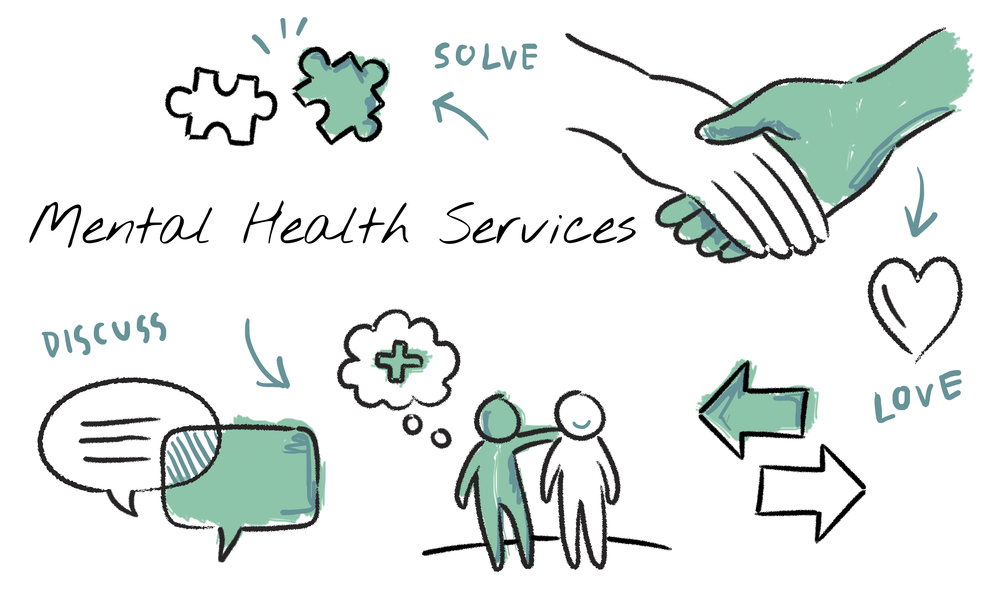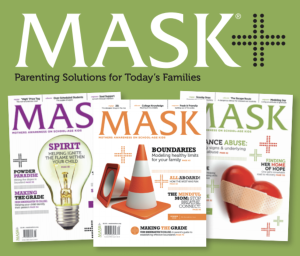
Junior High and Underage Drinking
February 28, 2021
Can My Child Benefit From Pediatric Occupational Therapy?
March 2, 2021Mental Health Issues on the Rise Among Youth But There Are Solutions, as Mental Health America Found By Asking an Unlikely Source – Our Kids
Youth is supposed to be one of the best times of life. Yet lately, that hasn’t been the case. Instead, our kids are suffering, as COVID-19 disrupts their daily routines, relationships, hobbies and important milestones. In its comprehensive new study, Mental Health America notes that nearly 10% of U.S. youth have severe depression. Others reported feeling isolated, including high school and college students who were thrust into remote learning and missed the services they received in school. The economic and health impacts of the pandemic are taking a toll, too, as our kids grapple with the loss of loved ones and a lack of basic needs, including food, housing and the Internet.
Even business shutdowns are leaving their mark on youth who were working and are now experiencing high levels of unemployment. The past 10 months have been devastating. But truth be told, a mental health crisis was brewing among our kids long before the pandemic. A study by the Centers for Disease Control and Prevention revealed a startling fact: that youth suicide rose 45% from 2007-2017. COVID-19 and the resulting lockdowns, virtual learning and lack of social connections have exacerbated the problem. Thankfully, these problems have solutions. To identify the best course of action, Mental Health America had an ingenious idea: to ask youth what would be most helpful to them during this unprecedented time.
The organization fielded a survey among 1,906 individuals between the ages of 14 and 24. Among the respondents, 72% said their hobbies aided in improving their mental health, followed by friends (53%), social media (46%) and online communities (22%). Older participants – those from 19 to 24 years of age – were most likely to report that self-care and mental health therapists or psychiatrists supported their mental health, while those between 14-18 years old said social media, teams or clubs, and identity-affirming spaces positively affected their mental well-being. Delving deeper, 19- to 24-year-olds noted that mental health breaks or absences as part of school or work were important in alleviating the stress caused by the pandemic, along with pressure to get good grades, prepare for the future and juggle priorities.
Such breaks could take on a variety of forms, such as dedicating a “Mindful Minute” in virtual classrooms or training students to practice and teach their peers mind-body skills like belly breathing, as is being done at Marjory Stoneman Douglas High School in Parkland, Fla. At Terros Health, we have experienced similar success by bringing youth together in a safe and welcoming environment to address everything from depression and anxiety to bullying and substance-use disorder. Another finding of the survey – meeting kids where they are – also is advantageous and it validates the work we are doing at Terros Health.
That means building not only support, skills and referrals to resources in schools and the workplace, but also through their friends, sports teams and online communities. Doing so ensures that resources come to kids instead of making them go to traditional avenues for help. Perhaps most important is the need to instill a sense of hope in our kids. Just 37% of 19- to 24-year-olds and 26% of those ages 14-18 who responded to the survey feel optimistic about the future. The good news is that our youth are eager to make a difference by encouraging their friends and making the world a better place for others. In many cases, they are already putting their passion into action by leading organizations, advocating for policies and promoting positive mental health among their peers.
These are challenging times, but knowing the best ways to support our youth will improve their outlook and set them on a path for a bright future.
Terros Health
MASK the Parenting Magazine a quarterly publication providing solutions for Today’s Families.
The parenting manual offering solutions to the modern-day challenges families face. From Pre-K
through College stay up to date on the modern day issues families face.
Are you up to date on the issues your child is facing?
MASK Mothers Awareness on School-age Kids offers parenting solutions for today’s families. MASK tackles important topics – from drugs and alcohol to bullying and Internet safety -and gives students, parents and the community the knowledge and tools to manage these potential challenges.
Subscribe today! https://www.tools4teaching.com/product/mask-the-magazine/
Download and share the MASKmatters app now! Made for children, parents, teachers and in Spanish.
Have solutions at your fingertips
Available free on apple and google play links below
Apple https://apps.apple.com/us/app/maskmatters/id1482305692
Google Play
https://play.google.com/store/apps/details?id=com.maskmatters.maskmattersapp&hl=en_US&gl=US





